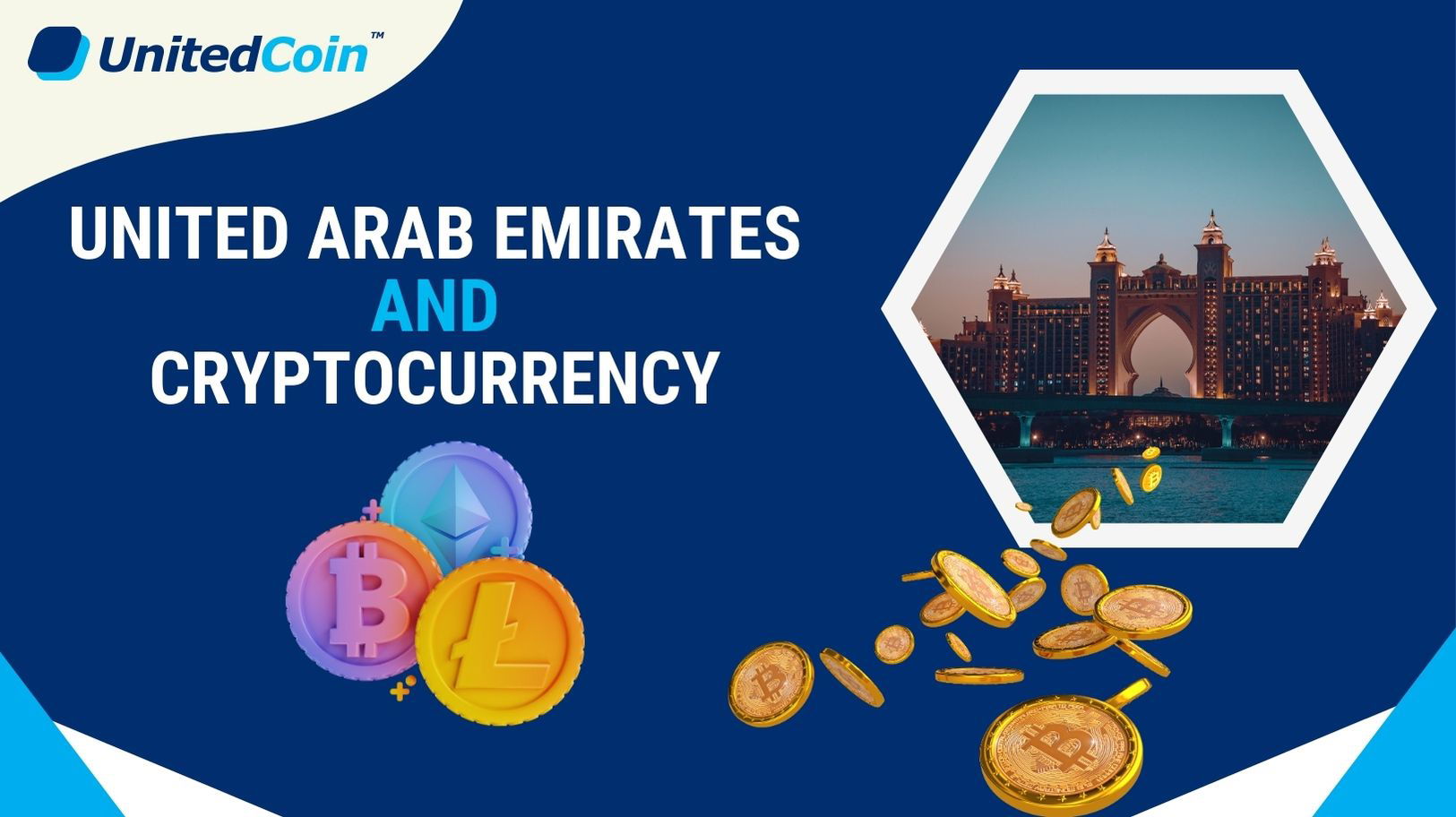The United Arab Emirates (UAE) stands out as a beacon of progressiveness in the realm of cryptocurrencies. With forward-thinking initiatives and regulatory frameworks, the UAE has positioned itself as a global leader in embracing digital currencies, blockchain technology, and the broader crypto ecosystem.
One of the remarkable developments in the UAE’s crypto landscape is the acceptance of cryptocurrency payments by government entities. Notably, the Dubai Financial Services Authority (DFSA) has partnered with KIKLABB, a government-owned licensing firm, to enable crypto payments for trade licenses and visas. This move underscores the UAE’s commitment to fostering innovation and facilitating business transactions through digital currencies like Bitcoin, Ethereum, and Tether.
Furthermore, the Emirates Blockchain Strategy 2021 exemplifies the UAE’s ambitious goals in maximizing the potential of blockchain technology. By aiming to transition a significant portion of government transactions onto blockchain platforms, the UAE is pioneering the concept of a blockchain-powered government. This strategy not only enhances efficiency but also underscores the country’s readiness to embrace emerging technologies for societal advancement.
Collaborative efforts between the Central Bank of the UAE and its counterparts, such as the Saudi Arabian Central Bank, have yielded promising results. Projects like “Project Aber” demonstrate the feasibility of using distributed ledger technology for domestic and cross-border settlements. Such initiatives not only foster financial innovation but also strengthen economic ties between nations.
In addition to government initiatives, the private sector in Dubai is actively driving the adoption of cryptocurrencies and blockchain technology. The Dubai Multi Commodities Centre (DMCC) has established a Crypto Centre to support companies involved in various crypto and blockchain endeavors. This initiative provides a conducive environment for innovation and entrepreneurship in the crypto space, attracting both local and international players.
The crypto-friendly environment in the UAE has attracted a plethora of companies, including industry giants like Ripple. The decision by Ripple, a prominent US-based technology company, to establish its headquarters in the UAE underscores the country’s appeal as a hub for blockchain and crypto-related businesses. Moreover, the Securities and Commodities Authority (SCA) has solicited feedback on regulations concerning crypto assets, further demonstrating the government’s proactive approach to fostering a conducive regulatory environment.
Despite the UAE’s progressive stance on cryptocurrencies, legal clarity remains a challenge in many jurisdictions worldwide. While some countries have embraced crypto mining, others have yet to enact specific laws governing digital currencies. Regulatory uncertainty persists in regions like India, where the legal status of crypto mining remains ambiguous.
Overall, the UAE’s approach to cryptocurrencies exemplifies a balance between innovation and regulation. By embracing digital currencies and blockchain technology, the UAE is paving the way for a future where decentralized finance and digital assets play a central role in shaping the global economy. As the crypto landscape continues to evolve, the UAE stands poised to remain at the forefront of this transformative industry.
Top of Form




